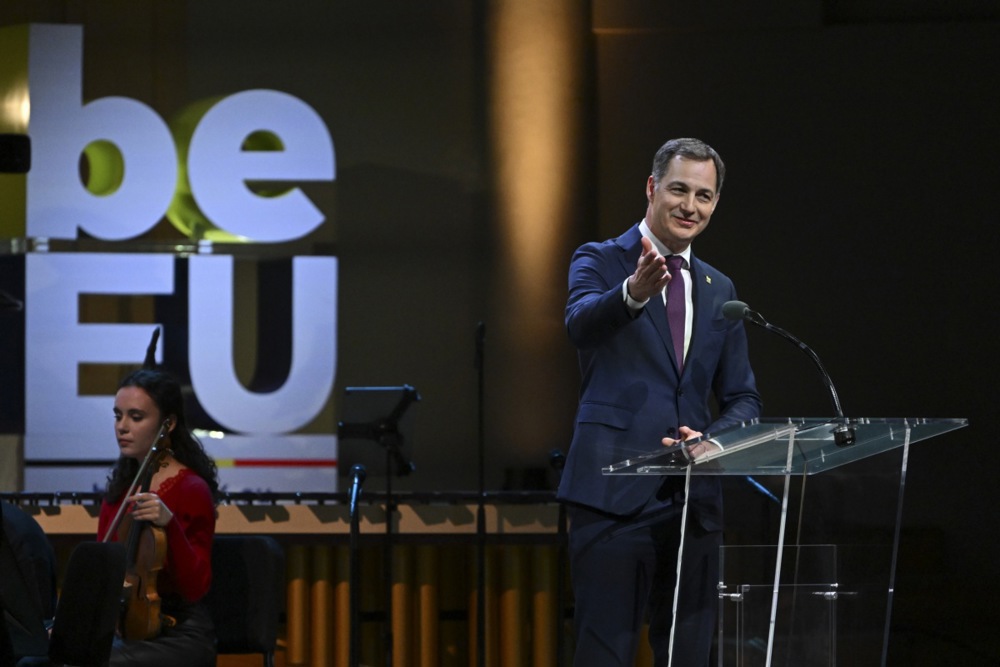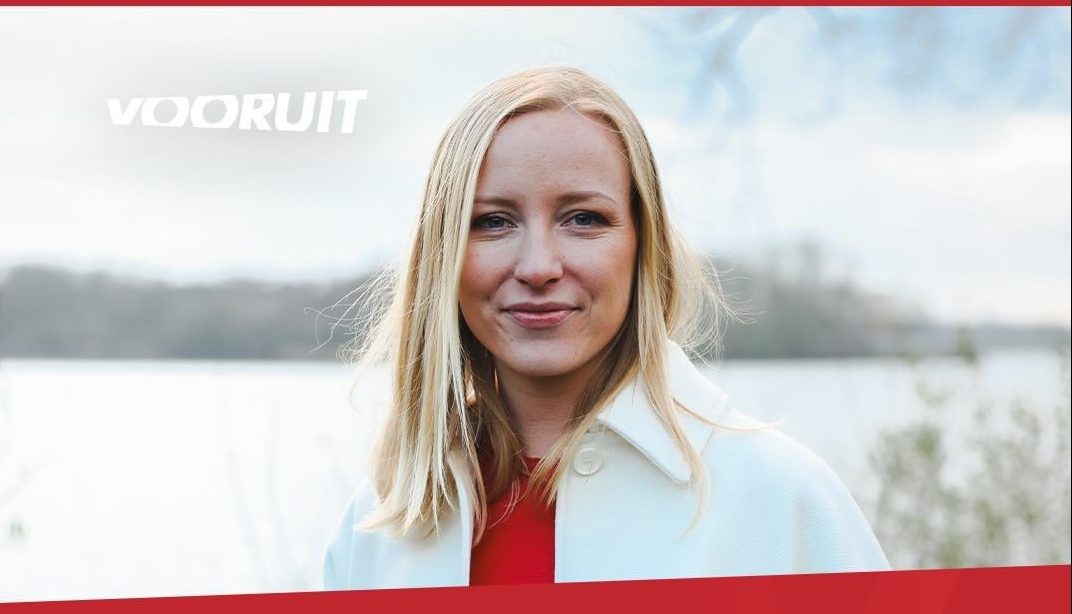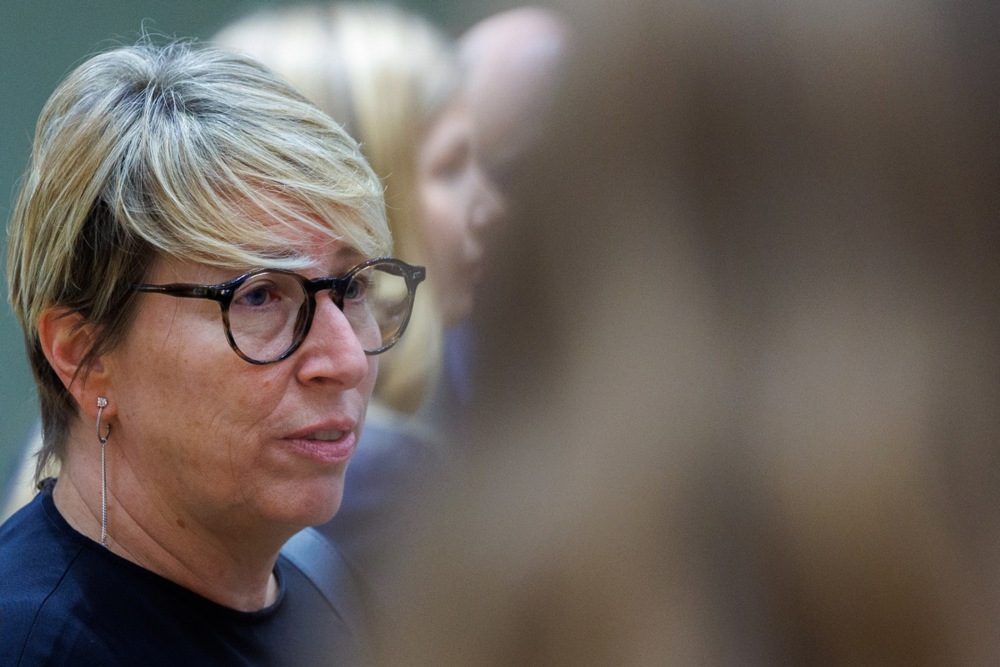2024 is set to be a tumultuous year in Belgian politics. Alongside the European Parliament elections, which are set to take place on June 9, both national and regional polls are also set to take place on the very same days. These will then be followed by municipal elections on October 13.
Brussels Signal has previously highlighted the importance of these de facto referenda, with the results of these votes likely to shape the country’s history for years to come.
But who are the main players in this monumental race? Here are the ones to look out for.
Alexander De Croo
The Prime Minister of Belgium was an unlikely candidate for the country’s top job in the first place; his Open VLD party finished in seventh place in the last elections. Ahead of the formation of the present government, he warned his party’s low score would enable other groups to “wipe the floor” with him.
Once in power, that prediction became reality. In the current coalition, it is the Socialists that wield the most power. In all major conflicts so far, De Croo and his liberal colleagues have appeared powerless or absent, with Open Vld frequently having to shelve much-needed reforms on the “to-do” list while Belgium continues to rack up debt.
The mandate seems to have worn his party down. A number of high-profile names have left the political stage amid a general air of discontent. His party is now polling at historic lows, even projected not to win a single seat in certain provinces. The sense of decay has only been accentuated by the suspicion that De Croo is now sniffing around for a top job in one of the world’s many globalist institutions.
Bart De Wever
The current Mayor of Antwerp and leader of the centre-right N-VA, De Wever also appears to be a rather unlikely candidate to become Belgium’s next PM, albeit for very different reasons.
This is because De Wever — as a card-carrying Flemish nationalist — wants to split up Belgium. Either that or implement so many changes decentralising the country’s politics that he may as well have just formally partitioned the state anyway.
It would not be the first time his pro-independence party flirted with power. The group is currently at the helm of Flanders’ devolved parliament, leading a coalition with the support of the region’s Christian Democrats and Open VLD. Such an arrangement has seen mixed results.
His party’s first and only time in government at the Federal level went badly. The first Belgian government without Socialists, the 2014 coalition, was only made possible in exchange for a freeze on State reform. The resulting focus on social and economic issues did little to further N-VA’s goals, with many seeing its participation in the coalition as being an exercise in futility.
This was later confirmed in the subsequent elections of 2018 and 2019, with the party losing ground to those further to the Right, seemingly having lost the goodwill of many nationalist-leaning voters.
N-VA is now facing similar issues in the Flemish parliament, seen by many as the main driver behind the green legislation hurting farmers in the region. On the national level, the party is back in opposition. The vast majority of parties based in Wallonia — Belgian’s French-speaking region — want to keep it that way.
Despite all these issues, the N-VA is a force to be reckoned with and, after a decade of political leadership, many feel it’s time to create a concrete legacy.
Tom Van Grieken
The current “boy-wonder” of the Belgian hard-right Identitarian movement, Van Grieken is in many ways the last man you expect to lead Belgium. That is not much of an issue for him though. After all, he only wants what he considers the best half of it.
In 2014, N-VA took most of the right-wing electorate in Flanders, leaving the more hardline nationalist Vlaams Belang in what looked like a death spiral. Mass lay-offs quickly followed, with the then-28-year-old Van Grieken being installed as the leader of a party on the brink of annihilation.
Still, a crisis can also prove an opportunity. Van Grieken made use of the situation to reform his party into a professional, lean and effective club. Fresh faces quickly pushed out the old, with a former “dynasty” of stale politicians being replaced with a meritocracy of up-and-comers.
Voters appeared to appreciate the changes. Having been kicked to the curb in 2014, Vlaams Belang came second overall in the last federal election, receiving nearly one-fifth of the national vote in 2019.
Now it polls far higher and is projected to become the biggest political party in the country.
Not all is plain sailing for Van Grieken. His party’s hard stance on migration and Flemish independence makes it unpopular with other Belgian politicians, especially in Wallonia. Like many populist parties in Europe, Vlaams Belang is the subject of a cordon sanitaire. Yet there is a limit on how far such a measure can be pushed.
Raoul Hedebouw
The leader of the Belgian Communist Party, Hedebouw is far from a favourite to become Belgium’s next head honcho. Nevertheless, he might be a pivotal figure in determining who will be.
The Belgian Marxists are scoring historically highly on both sides of the language barrier, with the easygoing, jovial attitude of the impressively bilingual Hedebouw likely playing a role in shaping the group’s good fortune.
Whereas communists are generally seen as ideologues and rigid hardliners, the friendly and smooth party head comes as a breath of fresh air. Of course, the poor leadership and recurrent scandals plaguing the Socialists in Wallonia have also helped. With a mix of demagoguery and populism, the masses have been mobilised as the elites recoil.
Hedebouw is something of a double-edged sword for his party. While his devil-may-care attitude has proven attractive, he also comes with some of the usual baggage that regularly plagues those on the hard left. Never expect an ugly word towards China, Hamas, or Russia from the Communists’ commander-in-chief, but know that Israel, America and the European Union are the “bad guys”. Even Stalin and Mao receive a more nuanced touch.
Paul Magnette
The leader of the French-speaking Socialists might, in fact, be the most likely man to become Belgium’s next prime minister. Not because of his popularity, which is rather modest. Nor because of an “expected” victory — all indicators predict a loss.
No, he may climb to the top of the greasy pole due to the intricacies of Belgian “democracy”.
Belgium consists of two separate democracies, the Flemish and the Walloon.
No matter how the dice fall, the Socialists are set to be the most relevant player in Wallonia and thus have outsized leverage. They are likely to choose whom they will work with on the Francophone side and, subsequently, carry more weight in the determination of what happens nationally.
If things end up going the way polling predicts though, they will have some tough choices to make.
Traditionally, the Walloon Socialists have had it rather easy. The status quo was always beneficial for them and they are entrenched in all the machinations of power. Collecting cheques at the national level to redistribute to the poorer half of the country has been their modus operandi and any reforms came about in exchange for cash or power gains.
Their region has seen Wallonia become the most left-wing — and poorest — region in the country and in the surrounding area.
In 2024, this way of operating might bite the Socialists in the backside. With right-wing Nationalists on one side and communists on the other, Magnette may be left with no other choice than to push through some real changes.
The question, as always, is: which ones?





